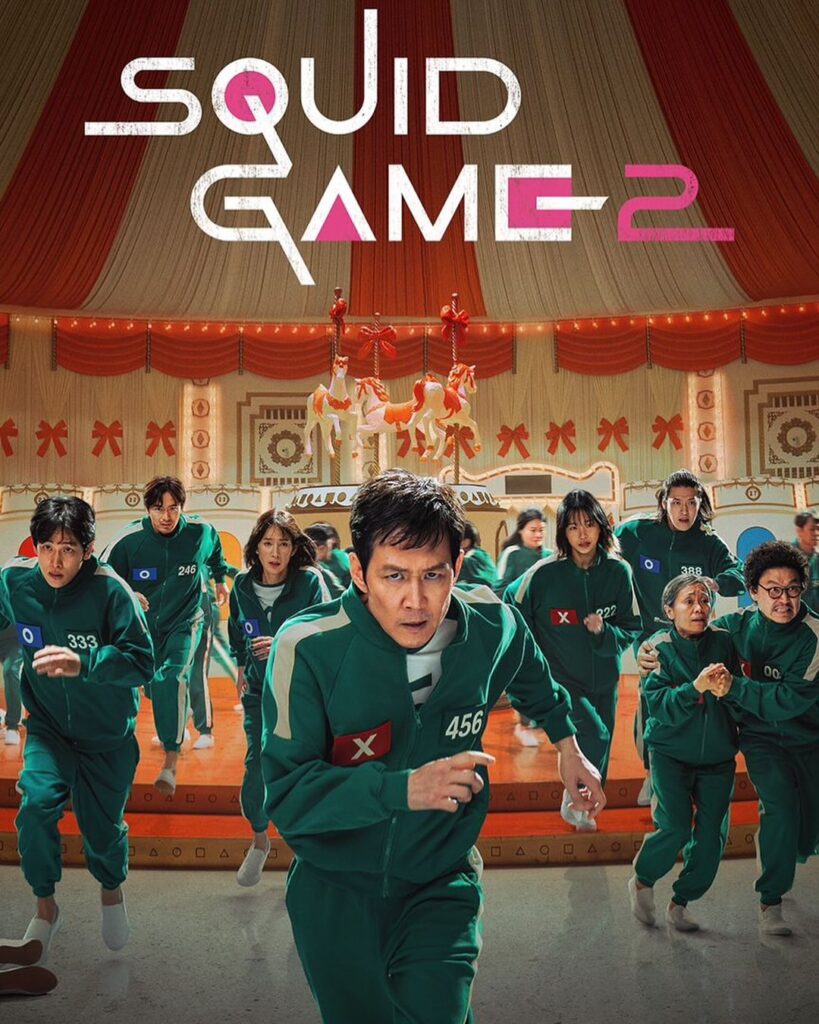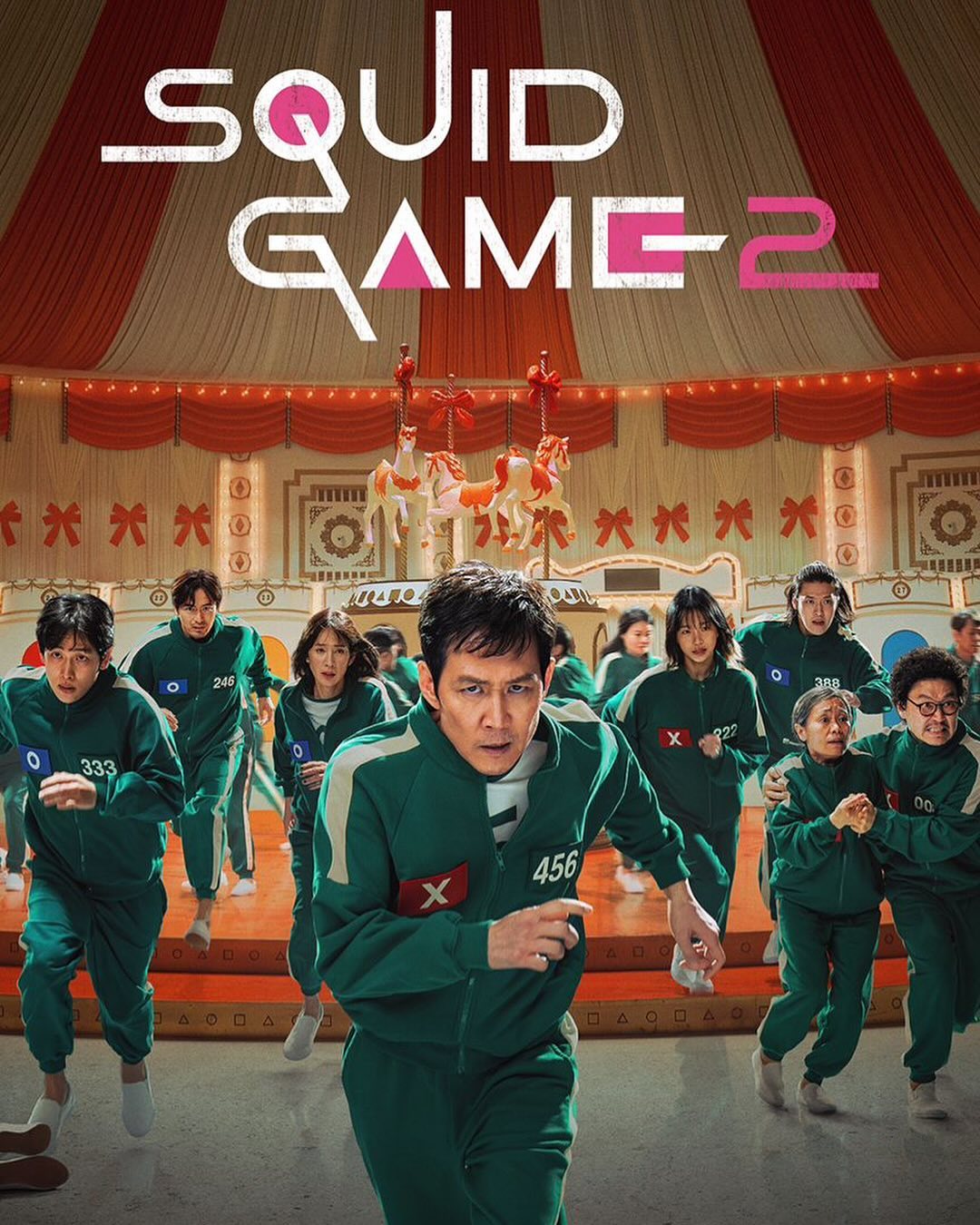
The second season of Squid Game returns with high expectations, going deeper into the deadly games that captivated audiences worldwide. This time, the series takes a more psychological approach, expanding on its world with new characters and more complex backstories while maintaining its core themes of survival, desperation, and betrayal.
Although the tension remains strong, the season shifts its focus from the shocking twists of the first season to more character-driven moments. While it successfully builds on the original concept, it struggles to recapture the same raw impact, leaving some storylines feeling rushed or underdeveloped. Here is my honest review of how the season fares overall.
With new characters, expanded backstories, and heightened stakes, the series broadens its universe while staying true to its core themes of desperation, betrayal, and survival.
While the plot maintains the same brutal tension that made the first season a global sensation, it struggles to recapture the original’s shock factor, focusing more on character development than on surprising twists.
That said, the introduction of new games, moral dilemmas, and shifting alliances keeps the story engaging, even though the narrative occasionally feels predictable.
The pacing throughout the season keeps viewers invested, but the finale went into chaotic territory, leaving it feeling a bit underwhelming. While it’s clear the ending sets up season three, it detracts from the tight, self-contained appeal that made the first season so compelling. Some key plot points, like the connections between new characters and the game’s organizers, feel underdeveloped, leaving certain parts of the narrative rushed.
Additionally, Gi-hun’s apparent naivety is tough to overlook. After everything he witnessed as a former player and winner, his actions and mistakes are frustratingly hard to justify. Despite these issues, Squid Game Season 2 is still a gripping continuation of the series and holds its ground as an exciting follow-up.




